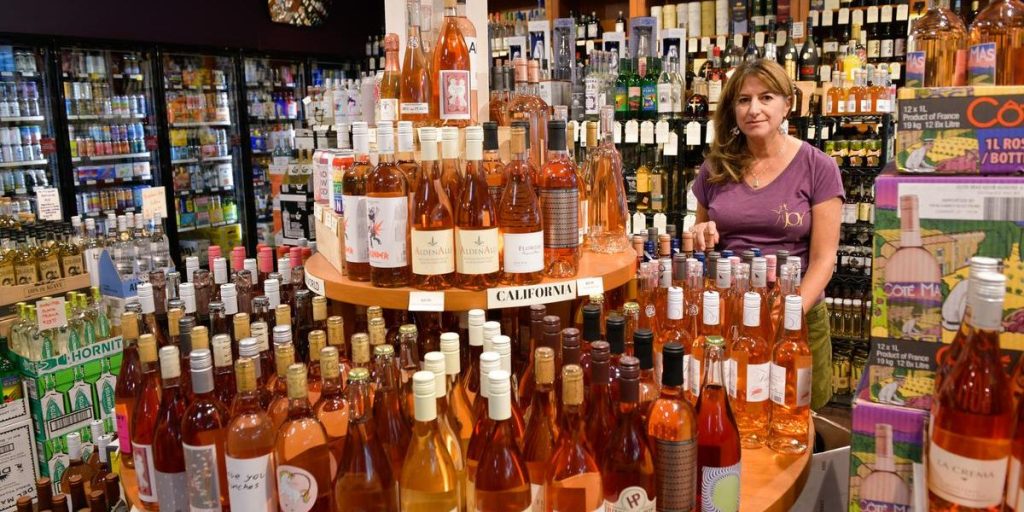Should hard liquor and spirits be sold exclusively at liquor stores? One bill before the Colorado Capitol, among other things, seeks to assist alcohol dealers.
Some opponents said that the measure would overturn current law and contradict ballot initiatives passed by Colorado voters to get beer and wine on store shelves in recent years.
The bill’s sponsors argue that liquor is too widely accessible, putting a strain on small companies. Opponents claim Colorado voters have already decided on the issue.

The Colorado bill focuses on liquor and alcohol sales.
“We have joined together in opposition to House Bill 1373, an anti-business, anti-consumer, job-killing bill proposed by the state’s largest liquor stores,” said Angie Howes of the Colorado Retail Council.
Retailers, unions, and former Liquor Enforcement Division personnel expressed reservations about the new law, which would also require grocery shops to sell wine and beer in a designated area rather than throughout the store.
“In a grocery store, you can only sell in one area of the store — that’s actually the rule — but they get approval from their local government about where they can put it,” said state Rep. Judy Amabile, a bill sponsor. “Then they put these end caps, and I don’t believe this was the voters’ desire. The law simply says, “Let’s get it back to the way people expected.”
It would also limit the alcohol percentage of beverages sold in grocery stores to 14% or less.
“The vote question said that grocery and convenience stores can sell wine and beer. “They were carrying wine and beer, not hard alcohol,” claimed state Rep. Naquetta Ricks, another proposal sponsor. “What we are looking to do is basically carry out what the voters intended with the ballot measures and ensure that spirits are sold by the small liquor stores.”
Grocers’ liquor permits would be phased out
Sponsors stated that there are 28 active licenses in Colorado that allow grocers and convenience stores to sell spirits and hard liquor. In order to assist small enterprises, this bill would phase down and prohibit the issuance of new licenses. It would also allow restaurants to purchase additional alcohol from liquor stores rather than distributors.
“Right now, there is a cap on how much alcohol a restaurant can buy from a liquor store,” said Amabile. “And the restaurants want to be able to, from time to time and if they have some kind of emergency need, go and buy from a store instead of waiting to get their shipment from a distributor.”
Opponents of the bill argue that if it succeeds, it will violate what Colorado voters consented to.
“Today, we are asking Colorado lawmakers to vote no on HB-1373 and honor the wishes of Colorado voters who have made it very clear that they like the convenience of having a choice when they purchase wine, beer and spirits,” said Howes, the executive director of the Colorado Retail Council.
Opponents also claimed that the bill would complicate safety and the enforcement of liquor rules.
The bill is sponsored by both Democrats and Republicans. It is set to be heard in committee next week.